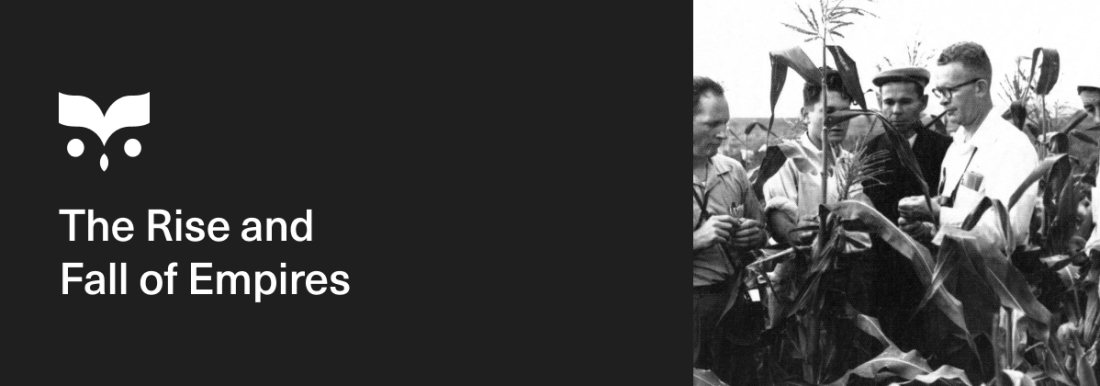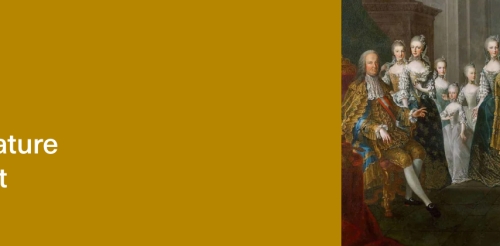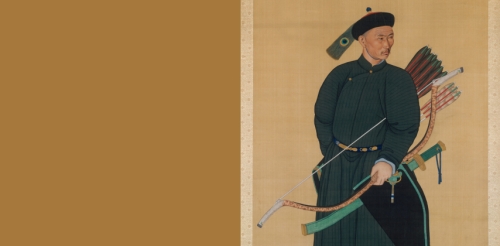All Library locations will be closed Monday, February 16 for Presidents Day.
Military historian David W. Mills tells the surprising story of what happened during the 1955 agricultural exchange between farmers from the United States and the former Soviet republic. The aim was to build personal, citizen-to-citizen connections on the common foundation of farming during the worst of the Cold War.
But that’s not all that happened. The exchange, not initiated by either government, exposed a weakness.
While the program did not directly lead to the fall of the USSR, the exposure of outdated technology and practices, poor agricultural management, and the country’s overall inability to produce enough food for its people and livestock and exposed one of several weak spots that eventually tumbled the tyrannical superpower.
This is Mills’ fourth appearance at the Library and the second installment of the Library’s Rise and Fall of Empires series in partnership with the U.S. Army Command and General Staff College.
Mills is an associate professor in the Department of Military History at the CGSC. He holds a doctorate in history and is the author or co-author of three books: Cold War in a Cold Land: Fighting Communism on the Northern Plains, Operation Snowbound: Life Behind the Blizzards of 1949, and Great Wartime Escapes and Rescues.


